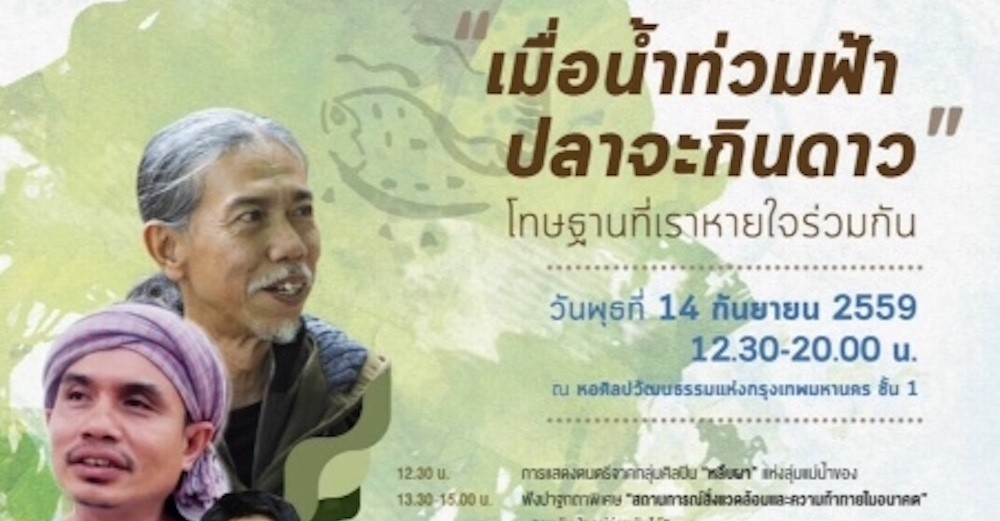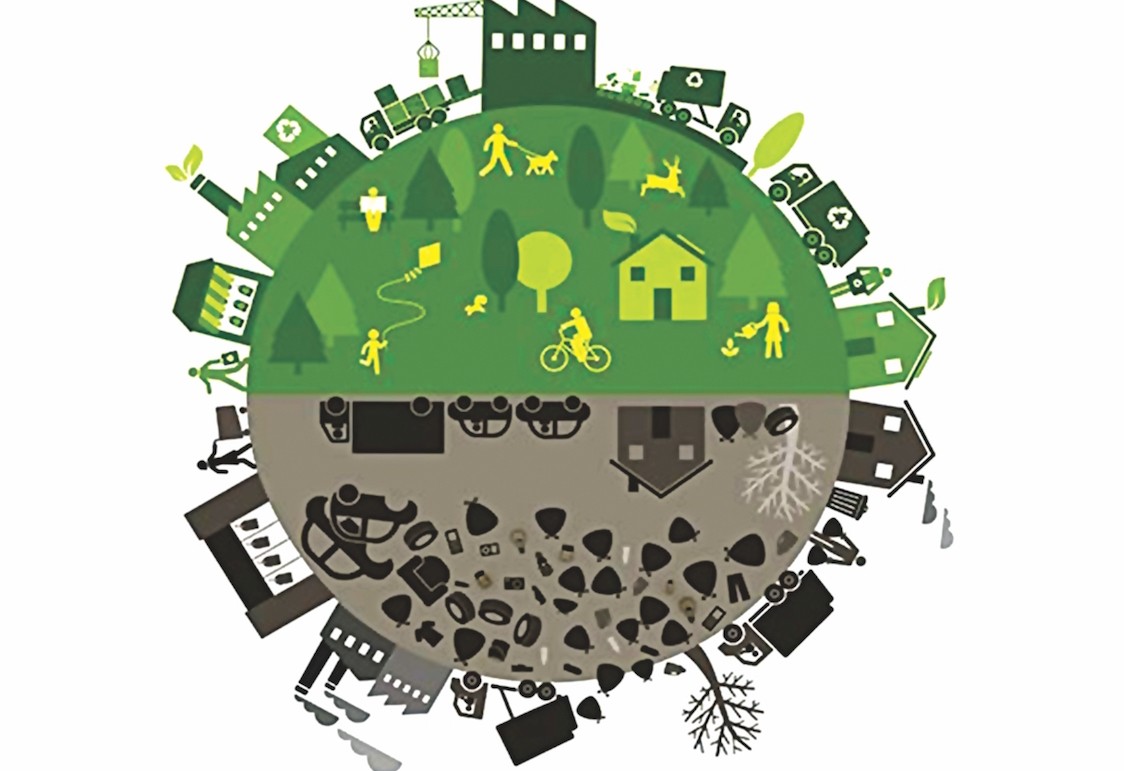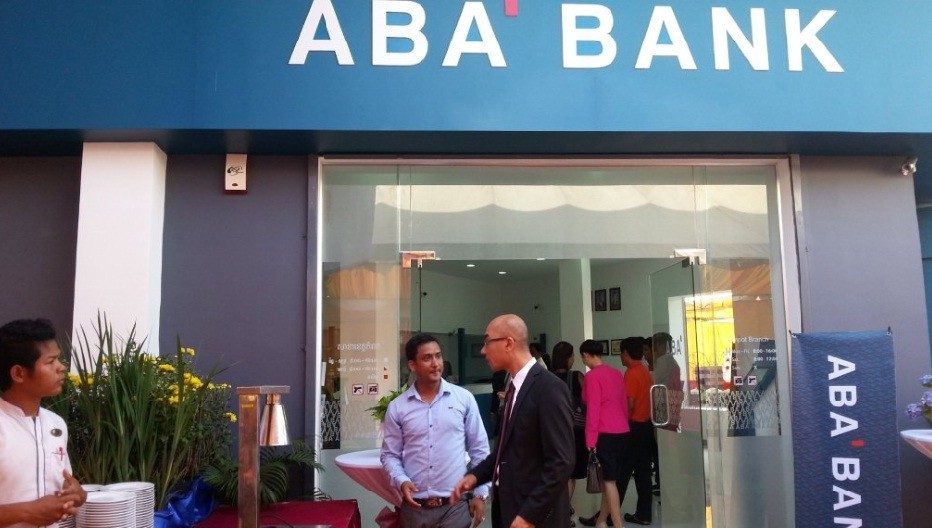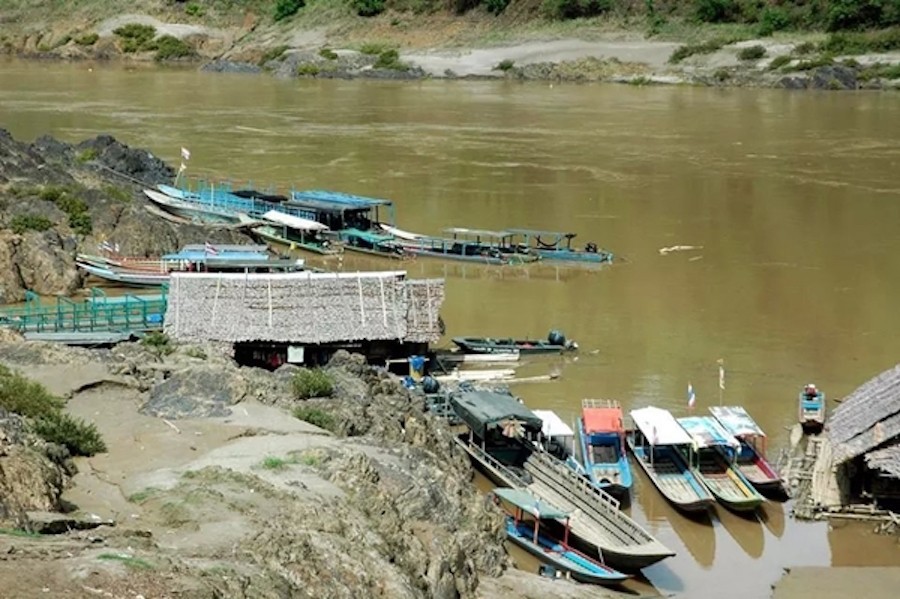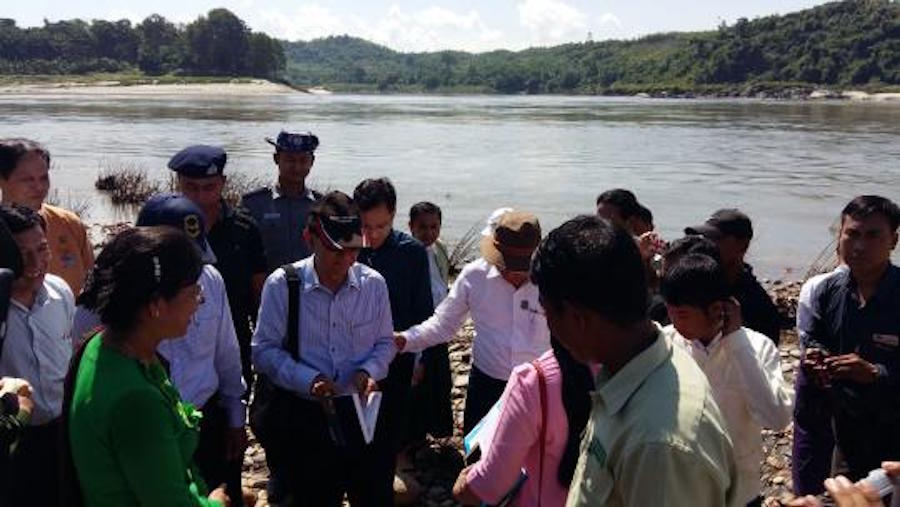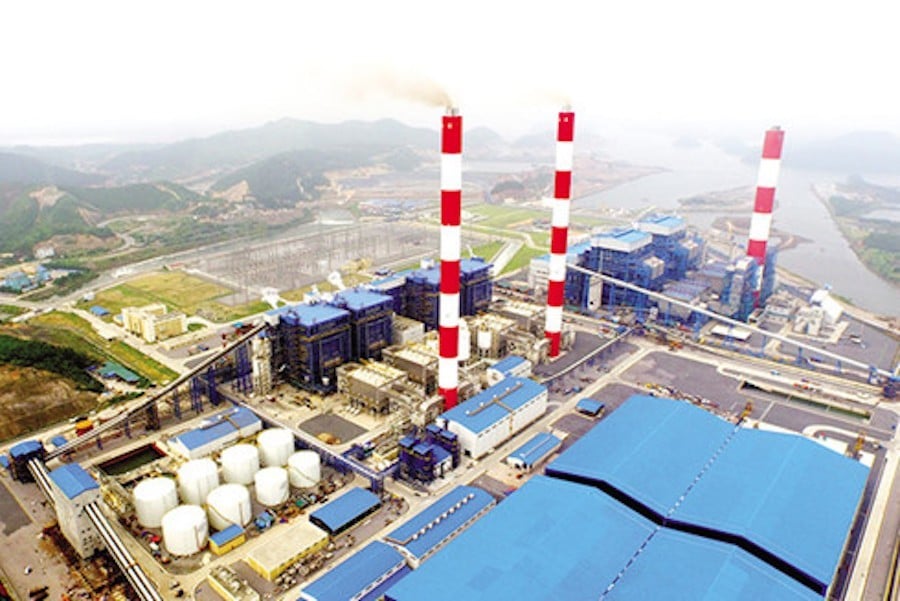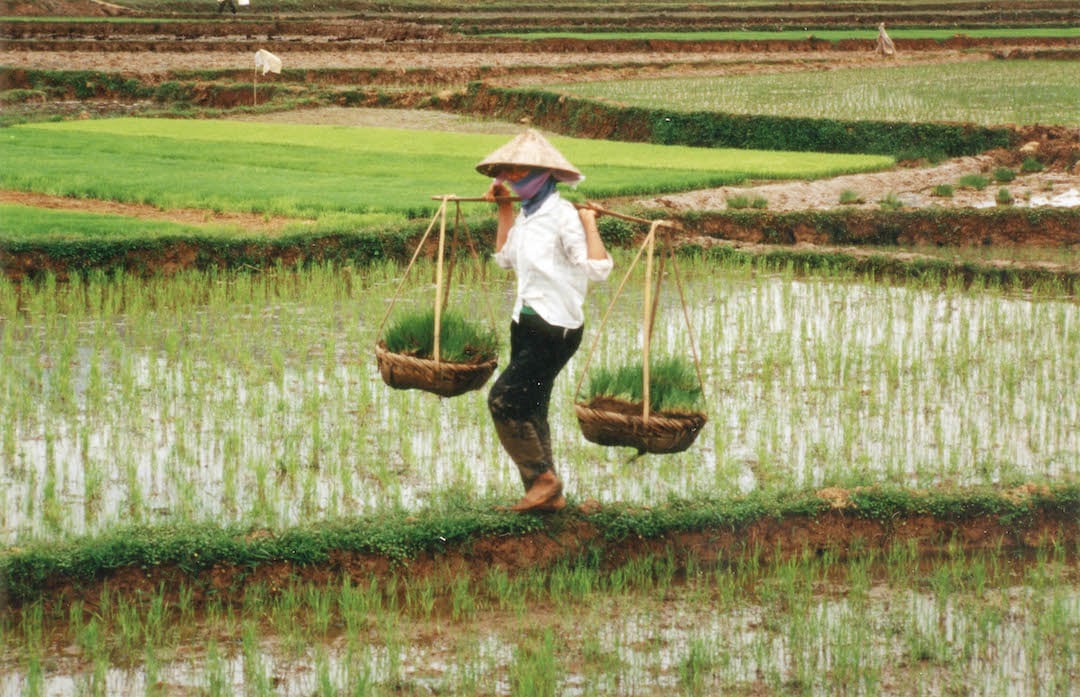Vietnamese authorities should quash the politically motivated convictions of two bloggers and release them from prison, Human Rights Watch said. On September 22, 2016, the Higher People’s Court of Hanoi will hear the appeal of prominent blogger Nguyen Huu Vinh and his colleague Nguyen Thi Minh Thuy who ran a website critical of the Vietnamese government.
Tag: society-community
Regime’s absolute power is a danger to environment: experts
THAILAND faces many environmental issues as major development plans are being pushed ahead across the country, organic laws about the environment and community rights remain to be drafted and the forest reclamation campaign continues to cause conflicts, experts said on Wednesday.
The Thai Environmental Journalists Society held a forum and exhibition on current environmental issues and future challenges yesterday at the Bangkok Art and Culture Centre. At the forum, many speakers flagged up the environmental issues the country faces.
Market mechanisms not the solution to pollution
“Market mechanisms will not solve pollution issues, only a State mechanism will,” Mr. Le Dang Doanh, senior economic expert, told Vietnam Economic Times’ Investment Attraction and Sustainable Development workshop held on September 20 in Hanoi.
Agreeing, Mr. Tran Du Lich, National Assembly Delegate for Ho Chi Minh City, said that the environment cannot be exchanged for profit. “Health, education and environmental issues cannot be regulated by a market mechanism; they are the responsibility of the State,” he said.
What’s the Deal with “Sustainable Banking”?
Citizens in the Mekong region are increasingly hearing about “sustainable banking,” mostly associated with infrastructure and energy projects. It means regional banks, slow to commit to sustainability, are increasingly considering more responsible ways of doing business.
Cambodia recently joined Thailand, Laos, Vietnam, China and 20 other emerging market economies in committing to better environmental and social risk management practices under the International Finance Corporation’s (World Bank Group) Sustainable Banking Network. And just this week, the Association of Banks in Cambodia (ABC) announced an initiative promising to work toward sustainable banking principles for Cambodia, “as ways to mitigate the damage associated with infrastructure, energy and large scale agribusiness projects.”
Banking with a positive spin
A banking sector initiative launched yesterday aims to advise Cambodia’s financial sector on best practices for sustainable lending while capitalising on the growing pool of international funds that could flow into green and socially responsible projects.
The Sustainable Finance Initiative will conduct two years of research to identify best practices that can be applied by financial institutions when formulating their lending policies, such as ways to mitigate the damage associated with infrastructure, energy and large-scale agribusiness projects.
Banks Commit to Sustainable Finance
Banks in Cambodia will strive to improve sustainability, and integrate environmental and social safeguards into future business decisions, the Association of Banks of Cambodia (ABC) announced yesterday.
At a ceremony at the Himawari Hotel in Phnom Penh, ABC acting chairman Charles Vann said the association was committed to improving the banking sector.
Govt sidesteps controversial Thanlwin in hydropower push
U Htay Aung, deputy permanent secretary of the Ministry of Electric Power and Energy, told The Myanmar Times last week that the projects – the Shweli (3), Upper Yeywa and Upper Kyaing Taung dams – are seen by the ministry as a means of meeting energy-deprived Myanmar’s electricity needs, while noting that the earliest expected completion dates were 2020.
Along with a fourth dam under construction in Rakhine State and a fifth in Nay Pyi Taw’s Pyinmana township, the projects’ electricity generation will total more than 1500 megawatts, he said, nearly half of Myanmar’s current installed capacity nationwide.
Dam committee meets Myitsone residents
Kachin residents have expressed their refusal to accept the Myitsone dam project when the Investigation Commission for Hydropower Projects on the Ayeyawady River visited Myitsone.
The committee met town elders and MPs at the Myitsone Resort, asked about the livelihoods of villagers and the environmental damage caused by gold mining.
Hurdles for environmental impact assessments
What is the biggest challenge in carrying out an environmental impact assessment (EIA) for a project in Việt Nam?
As we all know, an EIA is a scientific process that comes up with some projection of the environmental impacts that a project may cause to its surroundings. But currently, an EIA is expected to come up with assessments on areas that do not belong to its ‘original task’ like social impact assessments (SIA), health impact assessments (HIA) and risk assessments (RA).
Though the work demanded for a good EIA report is large, the capital resources allocated for EIAs in Việt Nam is very limited – between just 1-10 per cent of the average resources it receives in other countries. That’s the key reason why an EIA report in Việt Nam is not as comprehensive and independent as it should be.
Why silt is so important for the Mekong
Just as forests are more than only trees, rivers are more than water. The Mekong river carries massive loads of sediment and nutrients from upstream to downstream and across national borders, replenishing and enriching the land as it goes. This process is key to sustaining the ecological integrity of the river and surrounding landscapes, which in turn supports the economy.
However, a boom in sand mining and hydropower development on the Mekong is transforming the river’s sediment flows, with profound consequences for the region if left unchecked. For a prosperous, sustainable future for the region, all Mekong countries must come together now and adopt international standards for managing transboundary river resources.


